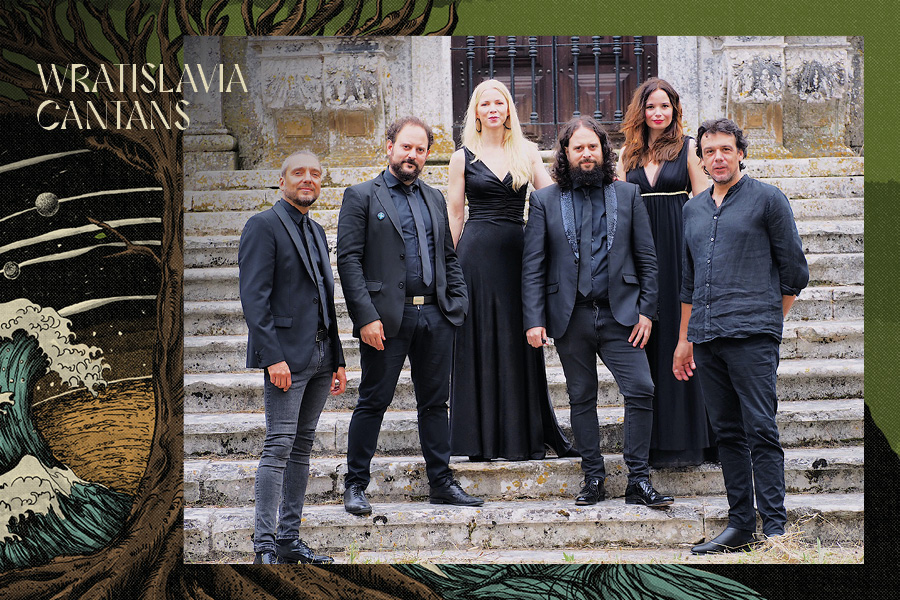The performance of the Accademia del Piacere, under the artistic direction of Fahmi Alqhai, will be a great opportunity to listen to the little-known works of Spanish early music composers, created in specific conditions. The artists of this country drew inspiration from many surprising sources, thanks to which their work is colourful and intriguing. What were these authors writing about? Above all, about love!
The rulers of 17th-century Spain, fearing “heretical” northern European influences, closed their borders and cultural exchange became much more difficult. Isolation forced the local composers to turn to the folk music of their own country, as well as to ethnic music created in the colonies of the huge Spanish empire, which included areas lying in Europe (such as Naples), in both Americas, in Africa (after all, from the land of the Canary Islands, Columbus set out on an expedition during which he discovered America), Asia and Oceania. Spain at the peak of its power was one of the greatest powers in the history of the world, it was even said that the sun never set over it. In this way, the rhythms of not only Spanish folk dances, but also African and American tunes, imperceptibly crept into court music. In time, these influences spilled over the entire continent, also influencing the work of Italian and German artists.
During the concert, music by seven authors will be presented, as well as anonymous compositions and improvisations by Fahmi Alqhai and his arrangements of folk works. The Glosado sobre el tenor de La Spagna, Fantasía y glossado sobre extractos de la Negrina and Improvisación sobre el Fandango y la Guaracha are the works of Mateo Flecha, born in the Kingdom of Aragon, a Catalan, nicknamed “El Viejo” to distinguish him from his nephew. The Spanish aria Yo soy la locura will sound in an arrangement by Henri de Bailly, a French composer associated with the royal court during the reign of Henry IV and Louis XIII. Italy’s Andrea Falconieri was associated with the Neapolitan court. This evening we will hear his Passacalle & Ciaccona a tre, i.e. arrangements of two Spanish dances. We will also get to know the Niña, como en tus mudanzas by José Marín, an excellent tenor, harpist, guitarist and composer at the Madrid court. He was a priest, but that didn’t stop him from living a riotous, scandalous life. His excesses culminated in a trial for assault, robbery and murder, as a result of which he was sentenced to the galleys. This exuberant temperament is reflected in the music. We will also hear the Ay amor loco by Luis de Briceña, a Spanish composer who contributed to growing interest in guitar music in France. Although it may be hard to believe, in this country at that time the only stringed instrument treated seriously was the lute. The composition presented during the festival is about the madness of love, offering a perfect summary of this colourful and lively music.
In co-production with:



